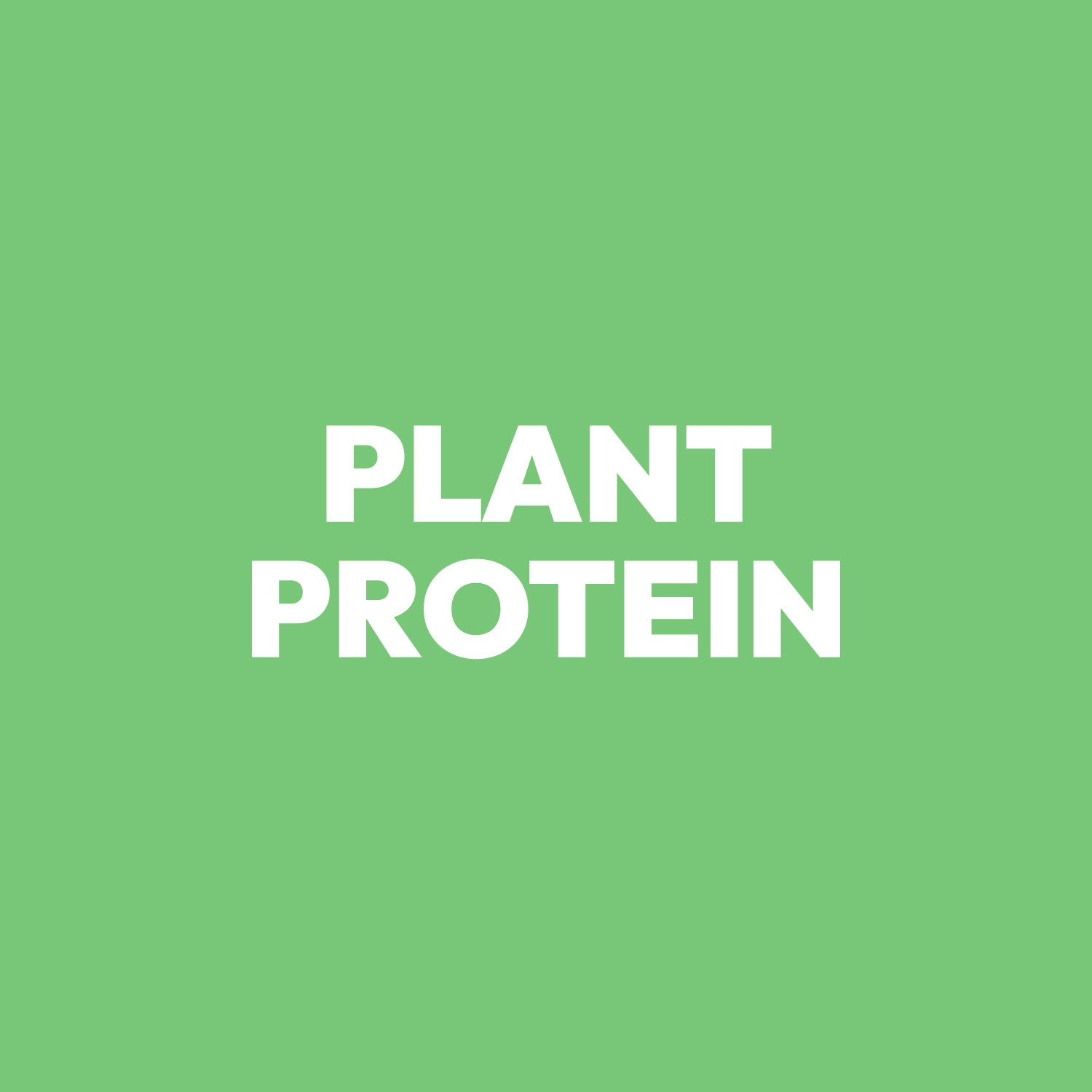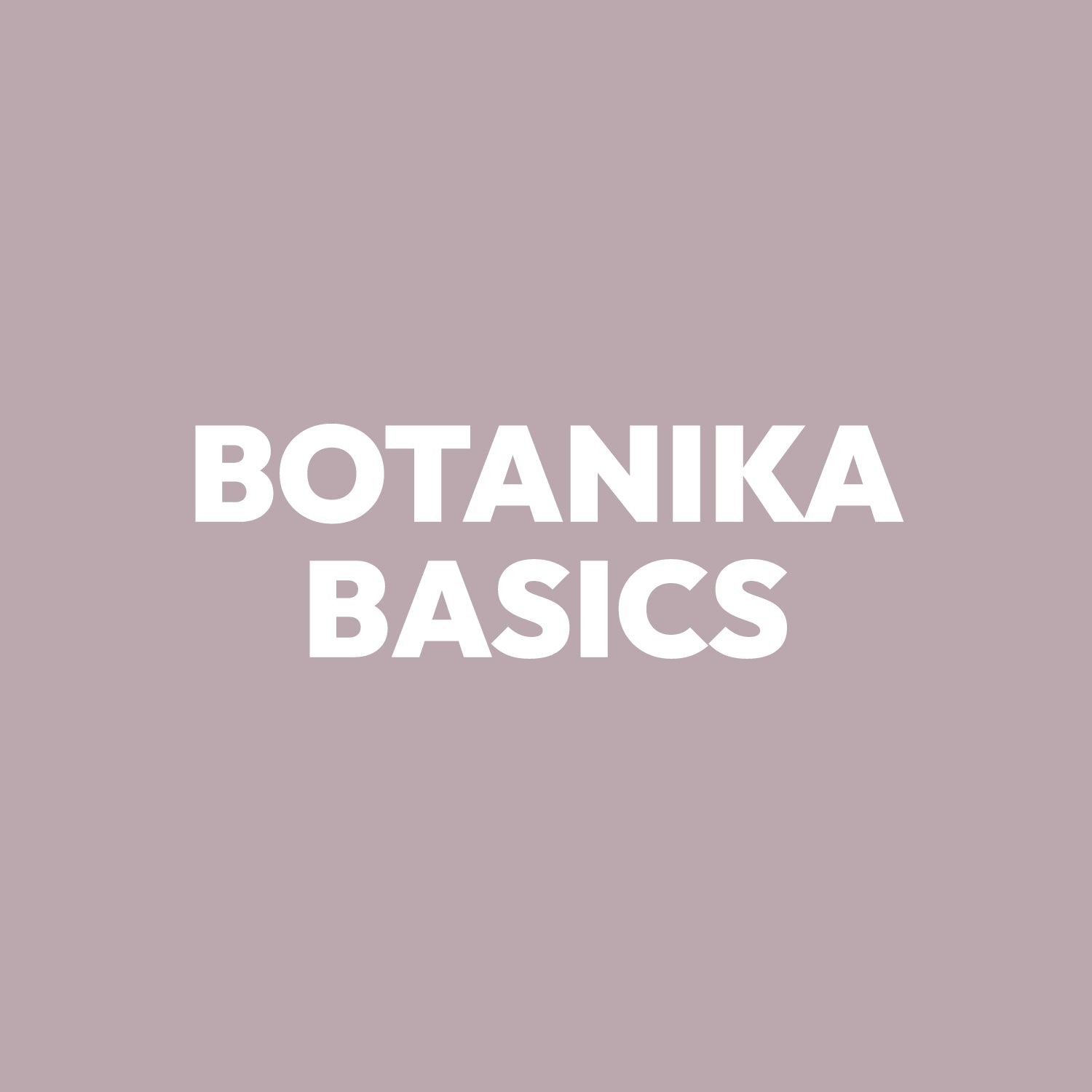

Brain Fog Diet: Plant-Based Foods for Focus & Clarity
If you’ve ever felt like your thoughts are wading through molasses — struggling to focus, recall simple details, or stay sharp — you’ve probably experienced brain fog. This mental cloudiness can dull your cognitive performance, drain your energy, and make even small tasks feel overwhelming.
While many factors can trigger decreased cognitive function — including sleep deprivation, chronic stress, and metabolic syndrome — your diet plays one of the most powerful roles. What you eat directly affects your brain function, influencing everything from your neural pathways to your gut health and even your mood.
Emerging research — including findings from Massachusetts General Hospital — shows that the right plant-based nutrition can significantly improve cognitive function and mental health within just a few weeks. By choosing foods that support good gut bacteria, provide essential fatty acids, and prevent cognitive decline, you can build a brain fog diet that promotes lasting clarity and vitality.
What Is Brain Fog and How Diet Affects It
Brain fog isn’t a medical condition — it’s a set of symptoms signalling that your brain isn’t operating at full power. People often describe mental fatigue, difficulty concentrating, memory problems, and that fuzzy, sluggish feeling where clear thinking seems impossible.
Unlike occasional forgetfulness, persistent brain fog reflects decreased cognitive function across multiple domains — including processing speed, attention, and short-term memory. It’s common among people experiencing chronic inflammation, hormonal imbalance, or nutrient deficiencies.
The Nutrition Connection
The central nervous system thrives on proper nourishment. Unfortunately, certain foods — especially processed foods, added sugars, and refined carbs — promote inflammation that can impair neural communication. This inflammation crosses the blood-brain barrier and disrupts neurotransmitter balance, making you feel mentally foggy.

Blood sugar regulation also plays a vital role in brain health. Your brain burns around 20% of the body’s glucose. When your diet causes rapid sugar spikes and crashes, your mental clarity fluctuates too. On the other hand, plant-based whole foods provide stable energy, helping you stay alert and focused.
Deficiencies in certain nutrients — like omega-3 fatty acids, vitamin B12, iron, or magnesium — can worsen cognitive impairment. The good news? A thoughtfully planned plant-based diet can provide all of these through natural, sustainable, and delicious sources.
Key Plant-Based Nutrients That Combat Brain Fog
Omega-3 Fatty Acids (ALA, DHA, EPA)
These healthy fats form the structural base of your brain cells, maintaining fluidity and communication across neural pathways. While fish are often cited as the best sources, plant-based eaters can get plenty from flaxseeds, chia seeds, hemp seeds, and walnuts. Algae-based supplements also provide DHA and EPA — the most bioactive forms for brain function.
B-Vitamins (Especially B6, Folate, and B12)
B-vitamins power countless biochemical reactions in the brain. Folate (from leafy greens, lentils, and chickpeas) and B6 (from bananas, potatoes, and sunflower seeds) support neurotransmitter production.
For vitamin B12, which is vital for memory and focus, fortified plant milks, nutritional yeast, or a vegan supplement are essential.
Vitamin D
Known as the “sunshine vitamin,” vitamin D regulates gene expression in brain cells and helps prevent depression and cognitive decline. For plant-based eaters, the best options include fortified foods (like soy milk or mushrooms exposed to sunlight) and moderate sun exposure.
Iron
Iron supports oxygen transport to the brain, and even mild deficiency can trigger mental fatigue and difficulty concentrating. Great vegan sources include lentils, tofu, tempeh, pumpkin seeds, spinach, and blackstrap molasses. Pair these with vitamin C-rich foods (like citrus, bell peppers, or strawberries) to enhance absorption.
Magnesium
A powerhouse mineral for stress regulation and energy metabolism, magnesium helps calm the nervous system and improve sleep quality. Excellent sources include pumpkin seeds, almonds, avocados, dark chocolate, and leafy greens.
Antioxidants: Vitamin C and E
Your brain is highly sensitive to oxidative stress, making antioxidants crucial. Vitamin C (found in oranges, kiwi, and broccoli) and vitamin E (from almonds, sunflower seeds, and spinach) protect against cognitive decline and help maintain sharp mental function.
Best Plant-Based Foods for Mental Clarity
Plant Proteins for Cognitive Function
Forget red meat — your brain thrives on plant-based proteins that deliver amino acids, iron, and B-vitamins without the saturated fat.

-
Lentils, beans, and chickpeas fuel neurotransmitter production.
-
Tofu and tempeh provide complete plant proteins rich in iron and calcium.
-
Quinoa and buckwheat contain all nine essential amino acids for balanced mental performance.
Cognitive-Enhancing Carbohydrates
Your brain needs steady energy, not sugar highs.
-
Blueberries, blackberries, and raspberries deliver anthocyanins that improve memory and prevent cognitive decline.
-
Sweet potatoes provide complex carbs that stabilise blood sugar and enhance focus.
-
Whole grains like quinoa, amaranth, and brown rice feed your good gut bacteria and supply B-vitamins essential for brain health.
Healthy Fats for Brain Function
Your brain is 60% fat — but not all fats are created equal. Choose anti-inflammatory and unsaturated fats:
-
Avocados support blood flow and provide potassium for nerve signalling.
-
Walnuts and hemp seeds are rich in ALA, a plant-based omega-3 fatty acid that enhances memory.
-
Extra virgin olive oil adds anti inflammatory properties and supports neuroprotection.
Brain-Supporting Vegetables and Herbs
-
Spinach, kale, and Swiss chard deliver magnesium, folate, and antioxidants that fight oxidative stress.
-
Broccoli supports vitamin K and fiber, promoting healthy gut bacteria.
-
Turmeric (with a pinch of black pepper) reduces neuroinflammation and clears mental fog.
-
Ginger and cinnamon enhance circulation and stabilise blood sugar for lasting clarity.
Foods That Worsen Brain Fog
To sharpen your focus, reduce or avoid:
-
Processed foods high in added sugars, preservatives, and refined oils
-
White bread, pastries, and sugary cereals that destabilise blood sugar
-
Artificial sweeteners and trans fats, which interfere with neural pathways
-
Excess caffeine and alcohol, which disrupt sleep and dehydrate brain tissue
These foods increase inflammation, alter your gut microbiome, and sabotage the delicate balance of nutrients that keep your brain function sharp.
The Gut-Brain Connection
Your gut isn’t just about digestion — it’s your brain’s communication hub. This gut-brain axis connects 100 million nerve cells that constantly send messages to your central nervous system.
When your gut microbiome thrives, good bacteria produce neurotransmitters like serotonin and GABA that enhance mental health and calm the nervous system. But when harmful bacteria dominate, inflammation increases, leading to mental fatigue and brain fog.
To support good gut bacteria, include:
-
Probiotic foods: fermented veggies (like sauerkraut, kimchi), plant-based yogurt, miso, tempeh, and kombucha.
-
Prebiotic foods: onions, garlic, asparagus, oats, and bananas — they feed the beneficial bacteria that keep your brain and gut happy.
Sample 100% Plant-Based Brain Fog Diet Plan
Day 1

-
Breakfast: Chia pudding with almond milk, blueberries, and walnuts (+ Plant protein powders)
-
Lunch: Quinoa bowl with roasted sweet potato, kale, and tahini dressing
-
Dinner: Lentil curry with spinach and brown rice
-
Snack: Apple slices with almond butter
Day 2

-
Breakfast: Overnight oats with banana, cinnamon, and chia seeds (+ Plant protein powders)
-
Lunch: Tempeh stir-fry with broccoli and ginger
-
Dinner: Stuffed bell peppers with black beans, quinoa, and avocado
-
Snack: Pumpkin seeds and dark chocolate (70%)
Day 3

-
Breakfast: Green smoothie with spinach, flaxseed, and plant protein powder (+ Plant protein powders)
-
Lunch: Lentil soup with turmeric and sweet potato
-
Dinner: Tofu and vegetable stir-fry in olive oil
-
Snack: Kombucha and mixed nuts
Lifestyle Tips for Mental Clarity
-
Sleep 7–9 hours per night to allow your brain’s cleansing system to clear waste.
-
Move daily — even a 30-minute walk boosts blood flow and cognitive function.
-
Manage stress with mindfulness, yoga, or journaling.
-
Stay hydrated — your brain needs water for every electrical signal it sends.
Conclusion: Nourish Your Mind, Naturally
Brain fog doesn’t have to be your normal. With a plant-based brain fog diet, you can feed your brain, balance your blood sugar, and reduce inflammation naturally.
By focusing on whole grains, healthy fats, omega-3-rich seeds, and fiber-packed vegetables, you create the foundation for lasting mental clarity and cognitive performance — while protecting yourself from cognitive decline and dementia later in life.
Remember, clarity starts in your kitchen. So load your plate with colour, crunch, and compassion — because the best brain food is always plant-powered. 🌿
Share:
FAQs About the Plant-Based Brain Fog Diet
More blogs
-

Best Natural Sleep Drinks Australia 2026
Sleep drinks are revolutionising how Australians approach better rest. Unlike tablets or teas, they deliver concentrated doses of sleep-supporting ingredients in a warm, enjoyable format that fits seamlessly into your evening routine. Magik Mylk Sleepy Hot Chocolate leads the market with...
-

Natural Sleep Ingredients Explained
Looking for better sleep without synthetic chemicals? Plant-based sleep supplements combine time-tested botanicals with modern science. Magnesium relaxes your muscles, L-glycine lowers body temperature for deeper sleep, L-tryptophan supports serotonin production, passionflower eases anxiety, and chamomile promotes calm, all working together naturally. This guide breaks down the top ingredients backed...
-

Chocolate Rice Protein Pudding
Leftover rice… but make it dessert 🍫This Chocolate Rice Protein Pudding is rich, silky, and quietly genius. Zero waste energy, chocolatey comfort vibes, and a sneaky protein boost... aka dessert that does more. Method 1. Melt your chocGently melt the dark...
















